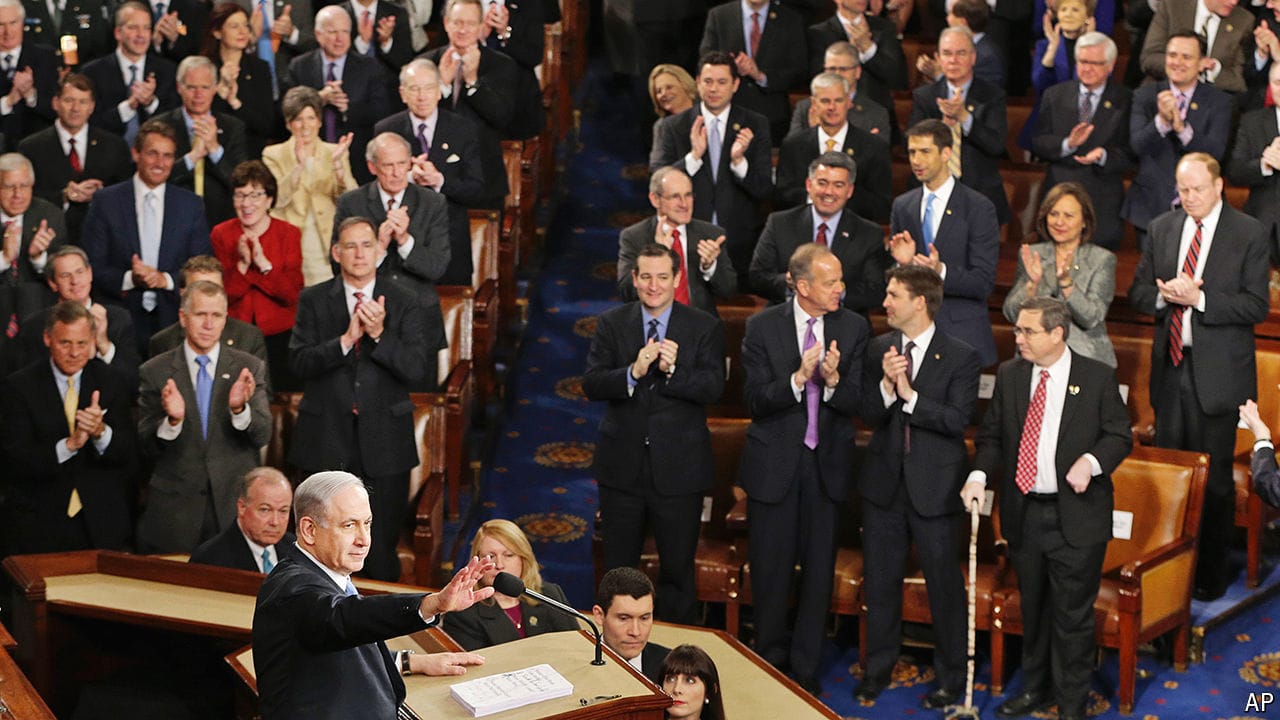Joe Biden’s chances do not look good. The Democrats have no plan B
It is too late to hold a competitive primary to allow a better candidate to emerge

SITTING PRESIDENTS do not tend to abandon bids for re-election. The most recent to do so was Lyndon Johnson, in 1968. And that is a year that his party, the Democrats, would rather forget. Johnson was unpopular. The country and the party were divided by the Vietnam war and the civil-rights movement. After a surprisingly strong challenge in the first primary, he stood aside, only to unleash chaos. One of the leading candidates to replace him, Robert Kennedy, was assassinated. The nomination was eventually awarded by party grandees to a man who had not won a single primary, Hubert Humphrey. In the end the Republican candidate, Richard Nixon, who had been widely considered unelectable at the beginning of the year, won convincingly. He went on to do more damage to the presidency than anyone bar the Republicans’ likely candidate this year, Donald Trump.
Explore more
This article appeared in the Briefing section of the print edition under the headline “Biden or bust”
More from Briefing

A shift in the media business is changing what it is to be a sports fan
Team loyalty is being replaced by “fluid fandom”

Will Binyamin Netanyahu’s visit to America repair or weaken ties?
He may damage relations with Israel’s indispensable protector

Optimistic plans for post-war Gaza have little basis in reality
Aid, policing, reconstruction—everything is even harder than it sounds
Small investments in nutrition could make the world brainier
Many pregnant women and babies are malnourished—and not just in poor countries
Introducing “Boom!”
A six-part series about the generation that blew up American politics
One generation has dominated American politics for over 30 years
How have they become so entrenched?
